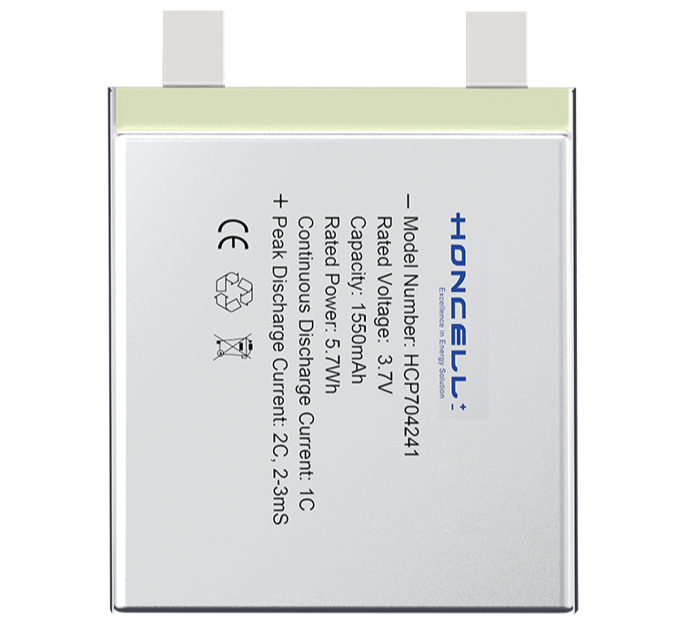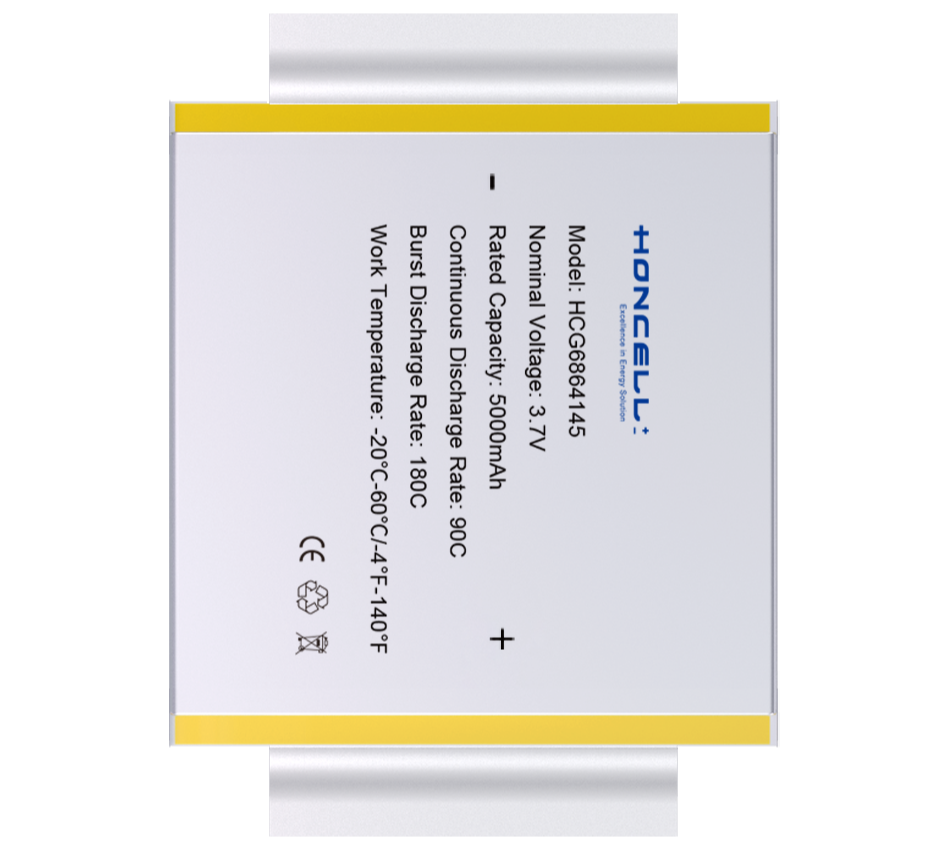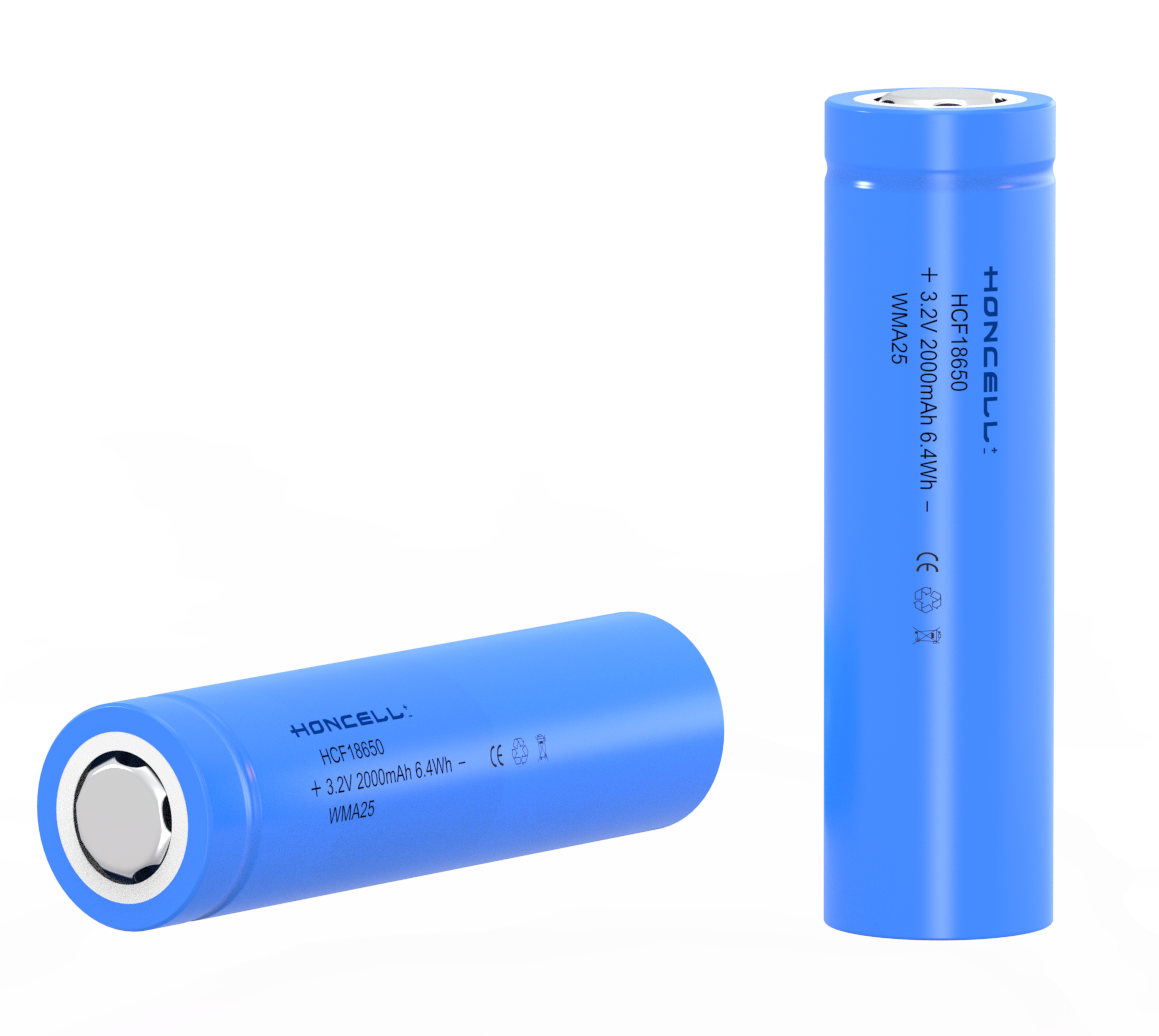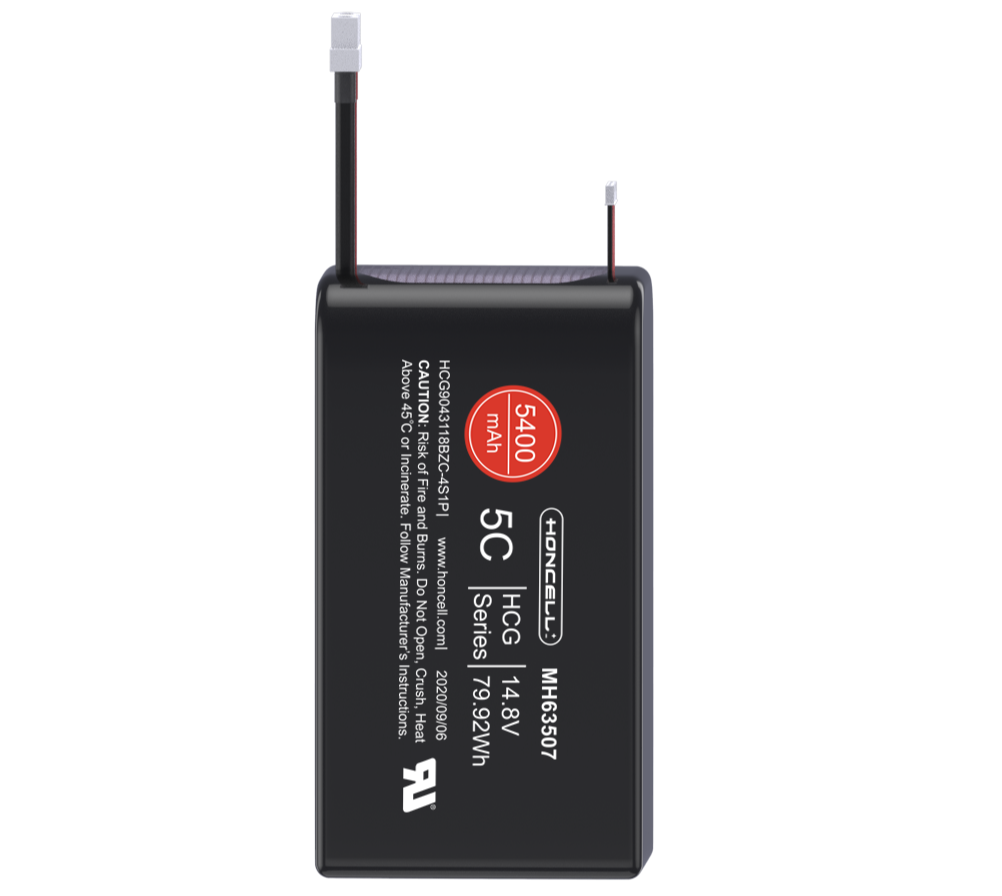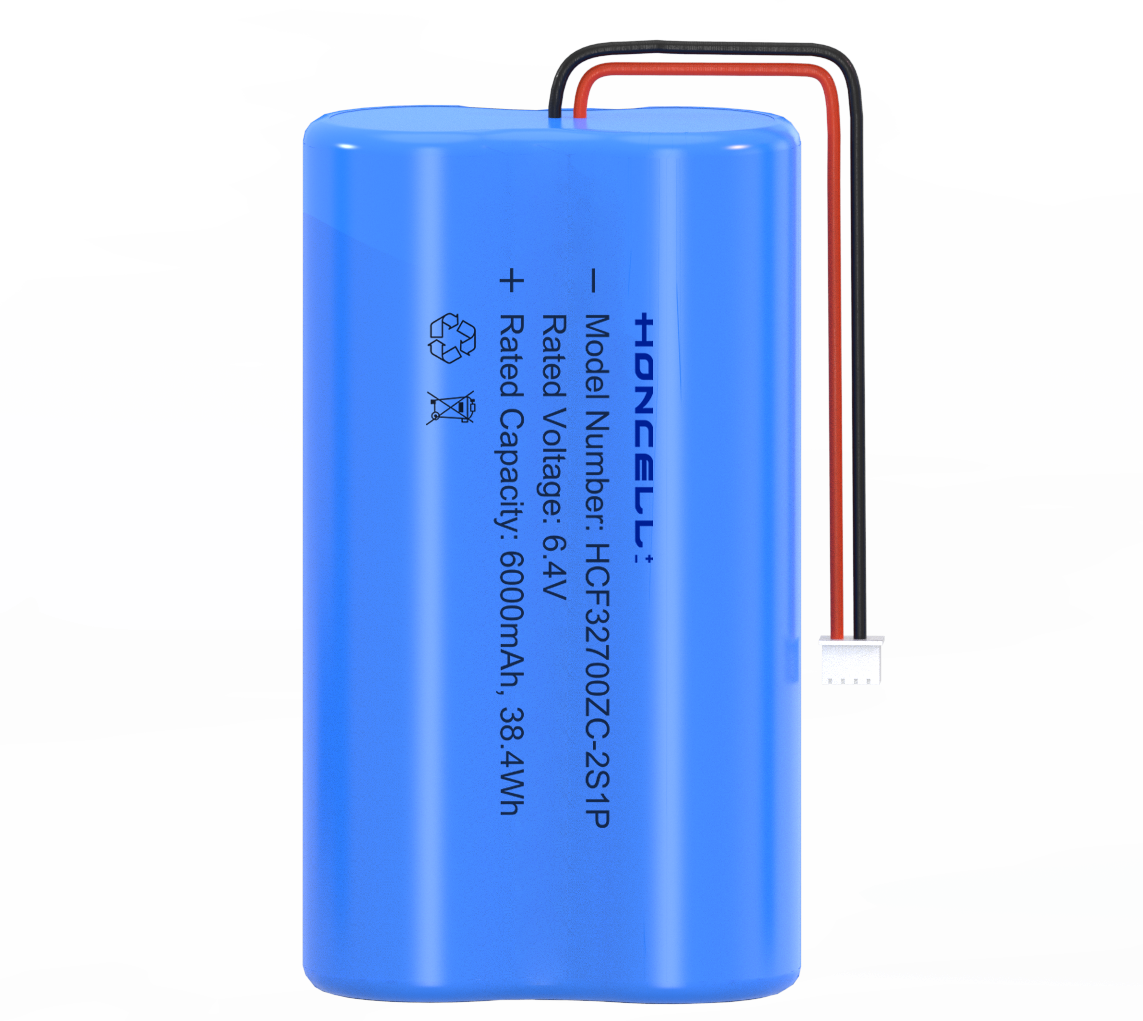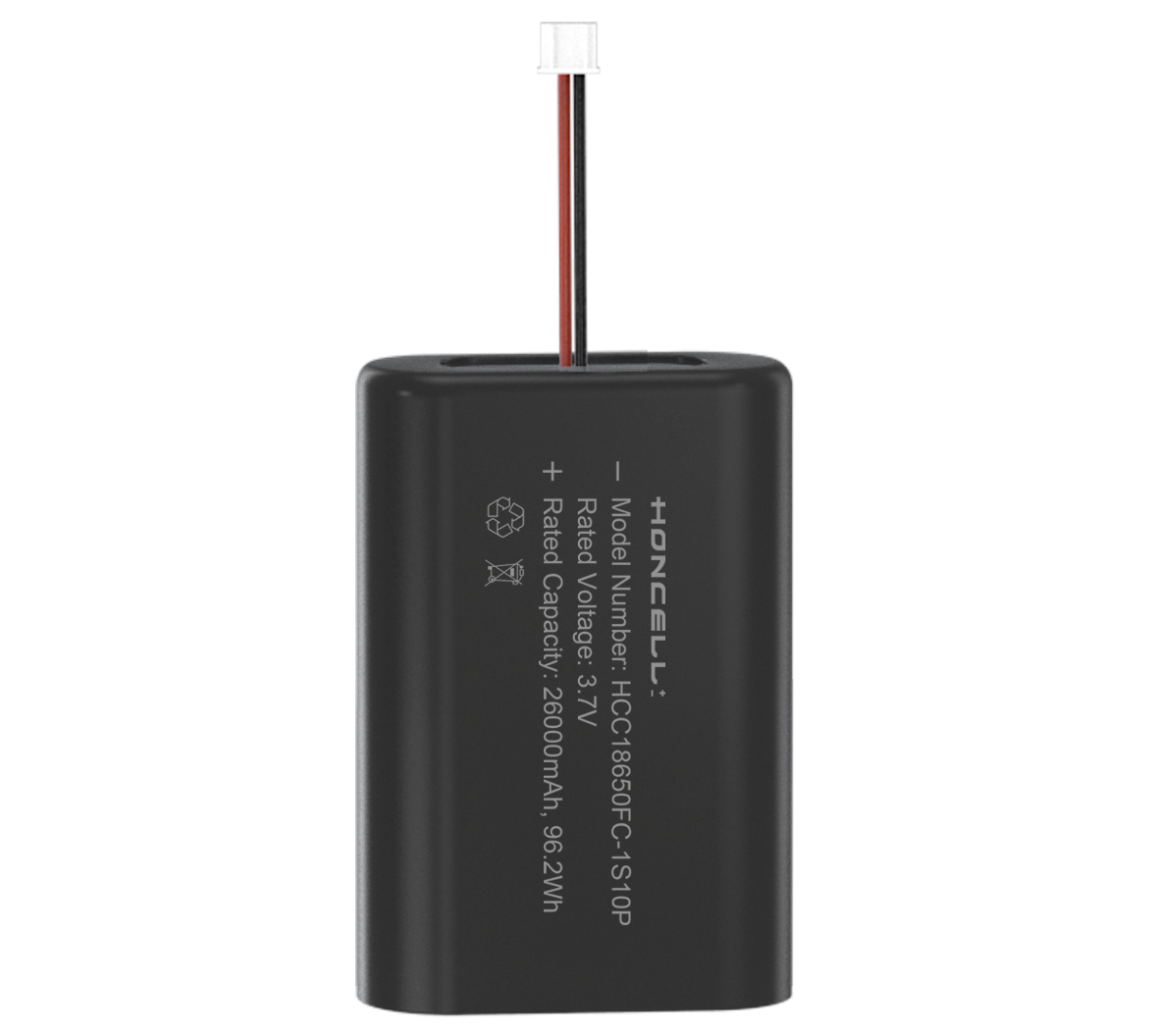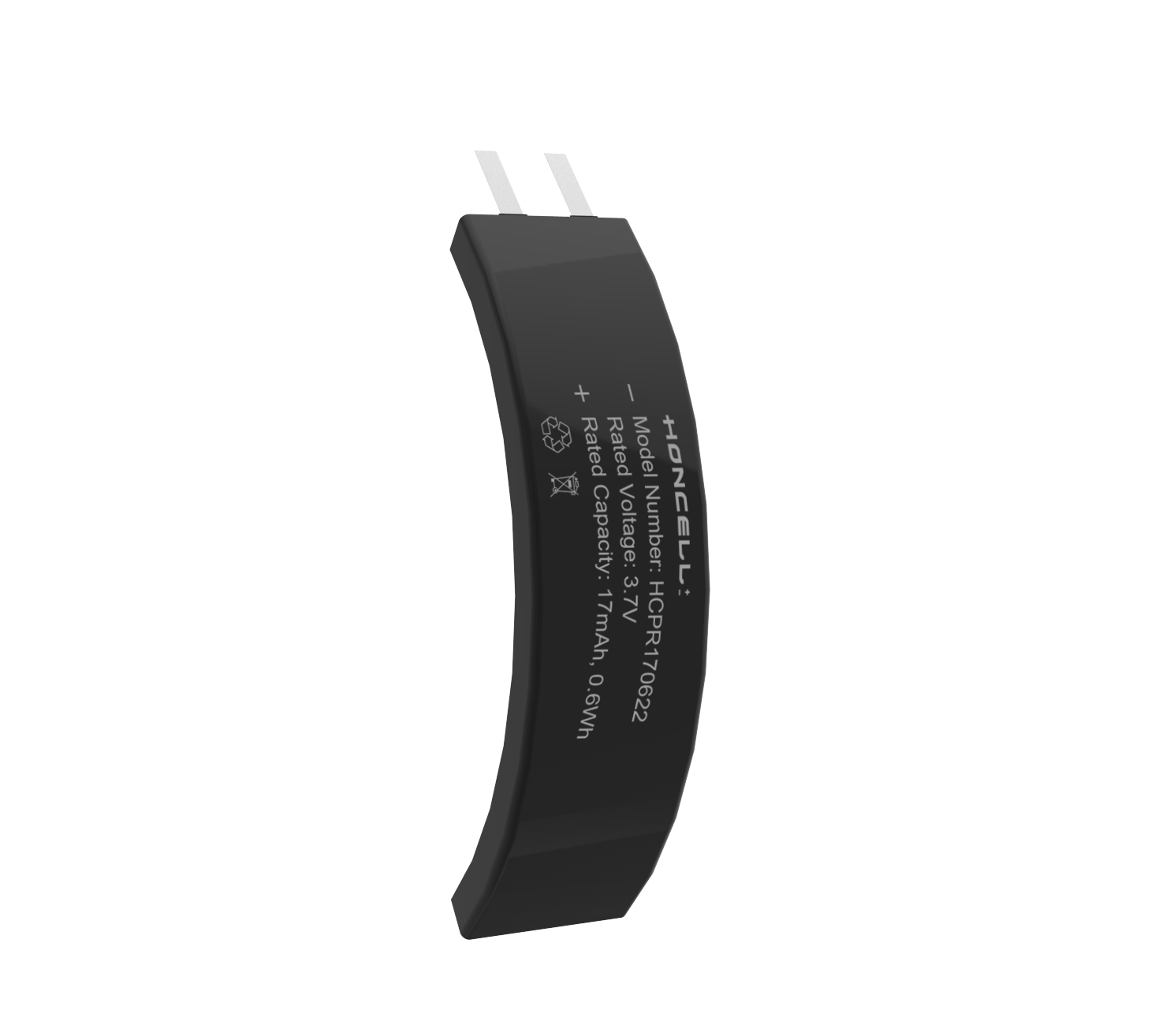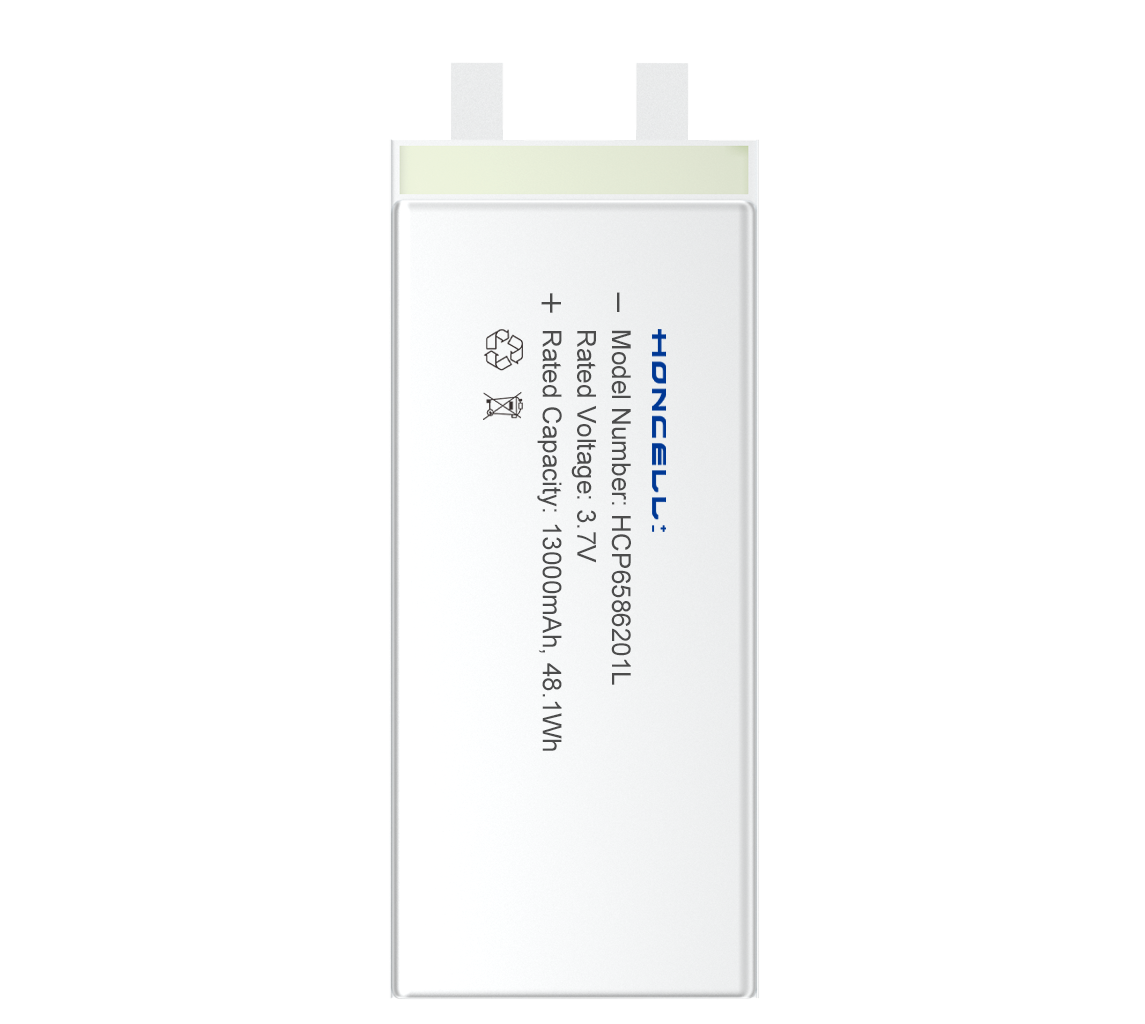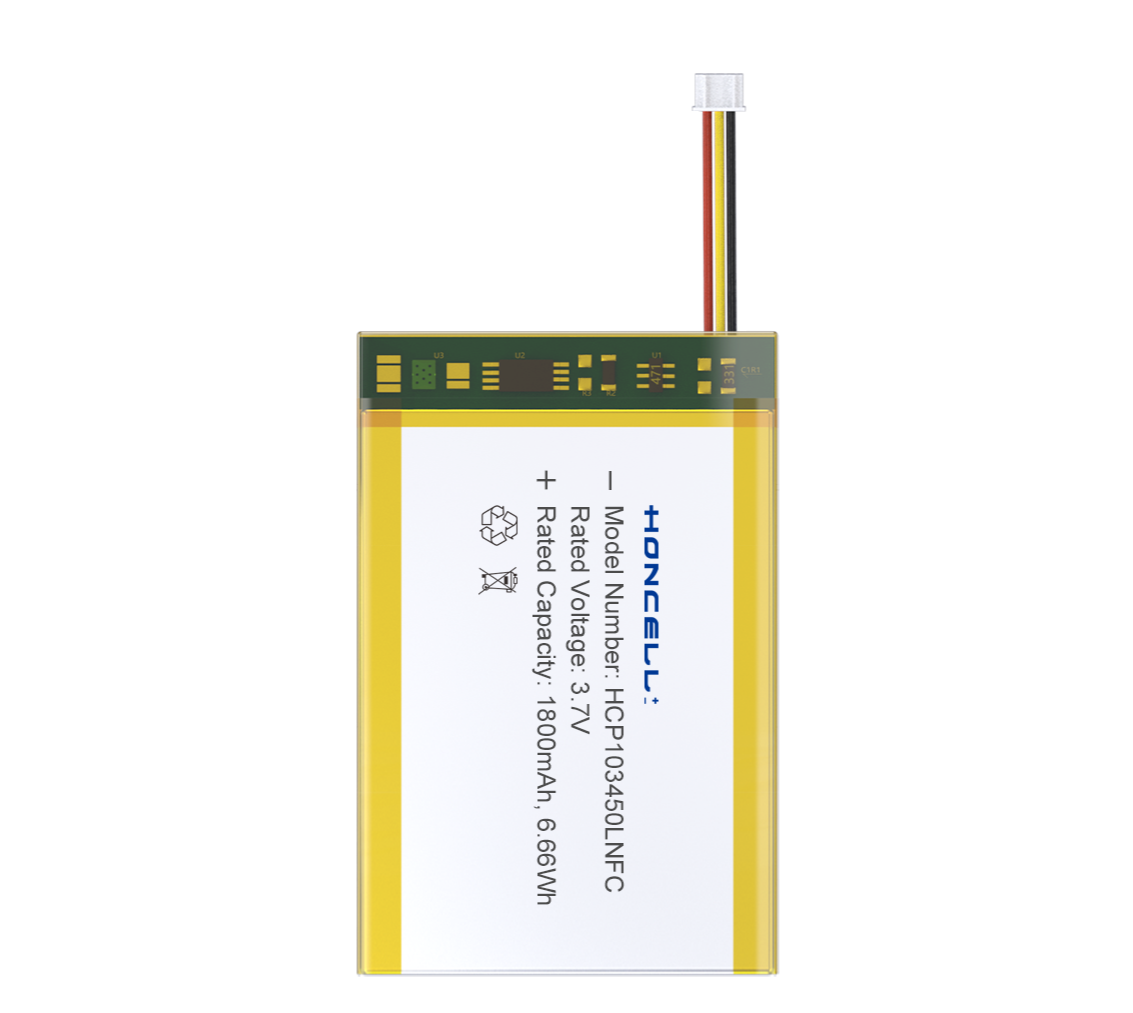How Drone Manufacturers Choose Lithium Batteries
With the progress of computer technology, communication technology, and material science, the performance of unmanned aerial vehicles (UAVs) has been greatly improved. The level of intelligence and autonomy has been increasing, and the market is becoming broader, with wide applications in national defense and security, agriculture, forestry and plant protection, aerial filming, logistics and transportation, urban planning, environmental monitoring, inspection, emergency response, and so on.
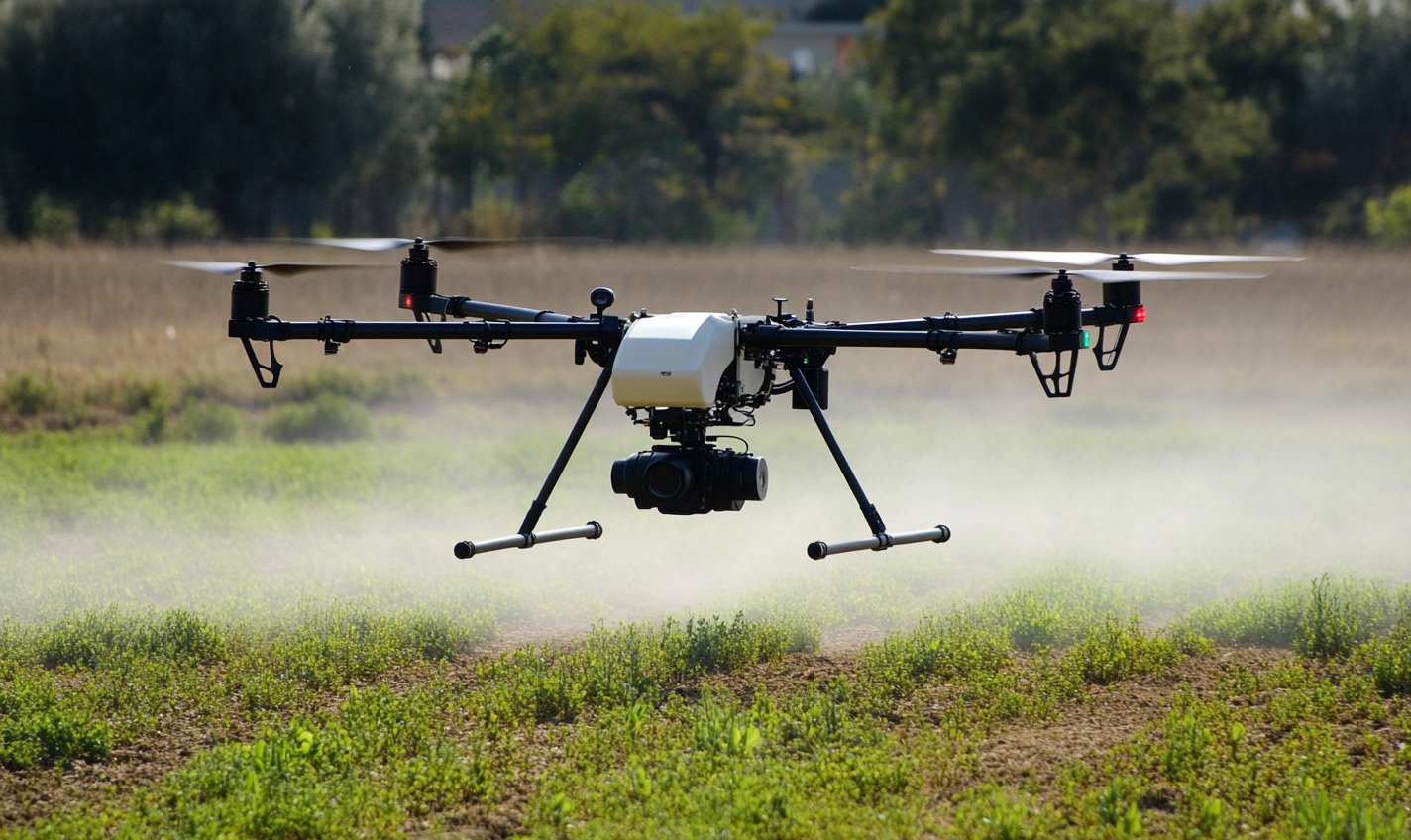
As the application fields of UAVs expand and their functions become more sophisticated, the requirements for related equipment such as motors, cameras, flight control systems, and batteries are also rising. Especially for batteries, they need to provide UAVs with longer endurance, higher output current, and more stable electrical energy support under limited weight constraints. When selecting lithium batteries, UAV manufacturers need to pay attention to the following aspects:
1. High Energy Density
As UAVs become more powerful, their related equipment such as motors, cameras, and flight control systems have higher electrical energy requirements, demanding greater capacity and higher discharge currents. However, due to the design constraints of UAVs, the size of the battery is fixed. Therefore, to achieve a higher capacity within the same size, it is necessary to select a lithium-ion battery with high energy density. This allows UAVs to fly at higher altitudes, over longer distances, and perform more complex tasks. For instance, Honcell batteries have an energy density of 166Wh/kg, resulting in a smaller size with a higher capacity.
2. Long Life
As UAVs need to be used for long periods of time, especially when performing complex tasks in the field, the cycle life of the battery is crucial.
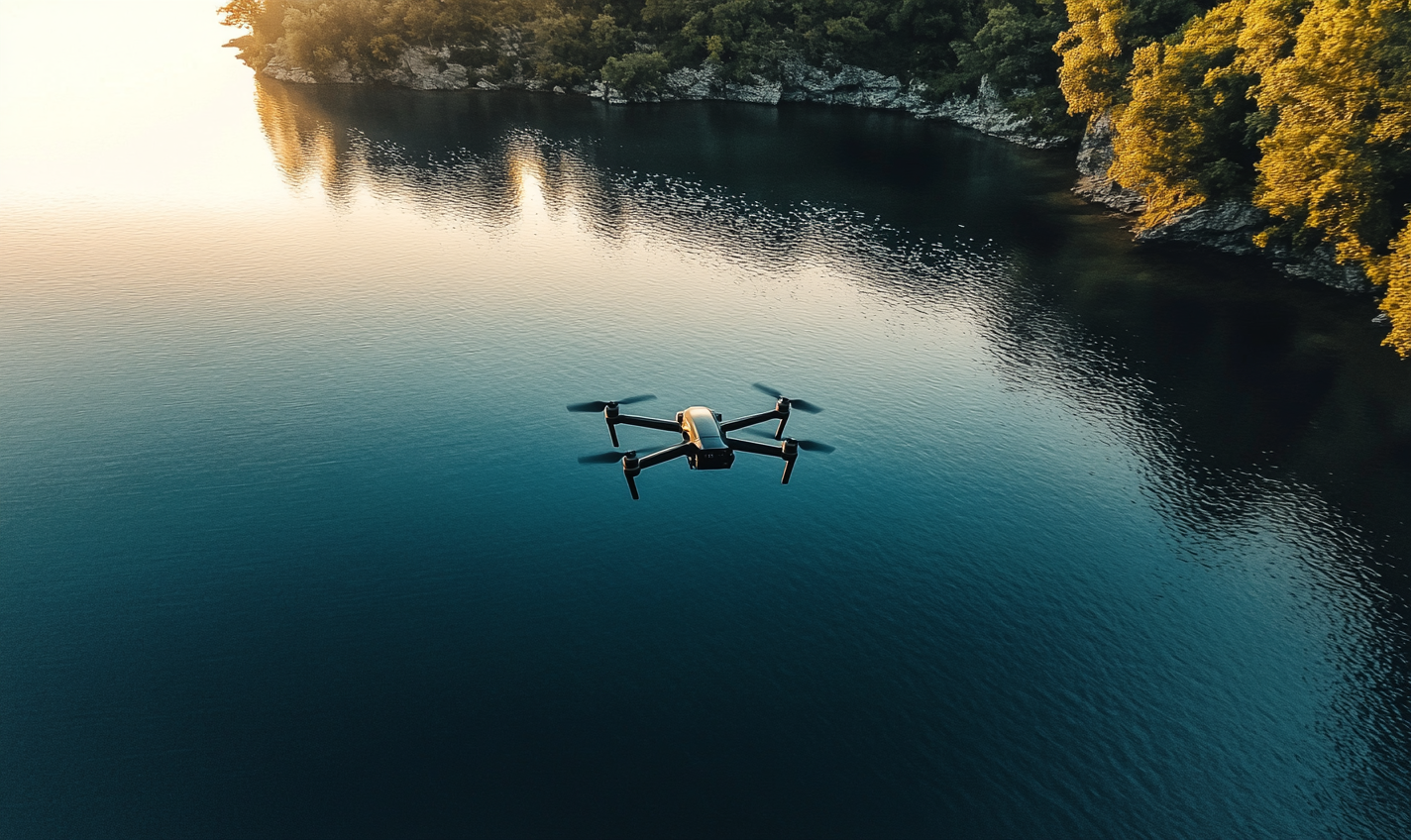
3. High-Rate Discharge
When flying in the air, UAVs often encounter unexpected situations that require rapid acceleration, deceleration, changes in direction, and other operations. Therefore, they need a higher current to support these actions. Hence, high-rate discharge capability is particularly important.
4. Fast Charging
The tasks performed by UAVs are often complex, requiring frequent take-offs, landings, and flight operations. Thus, the charging speed of the battery is vital. Lithium-ion batteries have the characteristic of fast charging within a short period, which helps UAVs complete tasks more efficiently, reduce downtime, and improve overall work efficiency.
5. Safety
As drones are generally more expensive and perform more complex tasks, the safety of lithium-ion batteries is particularly important. Batteries need to incorporate safety features such as overcharge protection, over-discharge protection, short-circuit protection, and temperature monitoring to prevent explosions, fires, and other hazards. This ensures the overall safety of the UAV and reduces the risk associated with mission execution.
6. Reliability
The lithium battery of a UAV should be highly reliable, with a low risk of failure and malfunction. In a flight environment, any power interruption can have serious consequences.
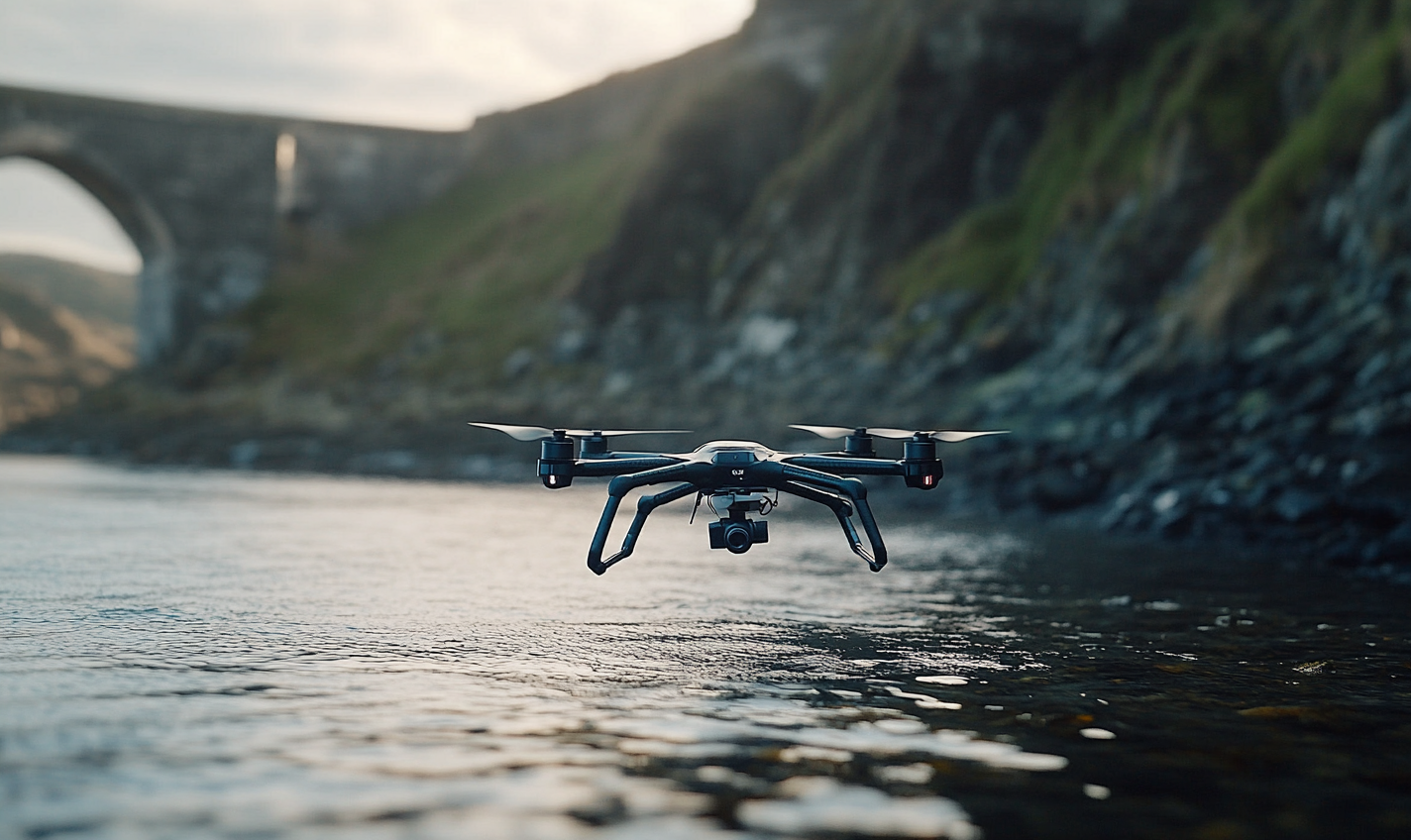
7. Light Weight
Weight control is particularly important for drones as they fly through the air. Lithium-ion batteries with gel electrolytes, the removal of metal casing, and simplified packaging are the best choices because they can be lighter than batteries with the same capacity specifications.
8. Custom Lithium Batteries
Due to the critical role of battery performance in UAV operations, UAV manufacturers need to select lithium batteries that have been carefully designed to meet the requirements of advanced unmanned aerial systems (UAS) to ensure extended flight time and superior maneuverability.
Related News
-

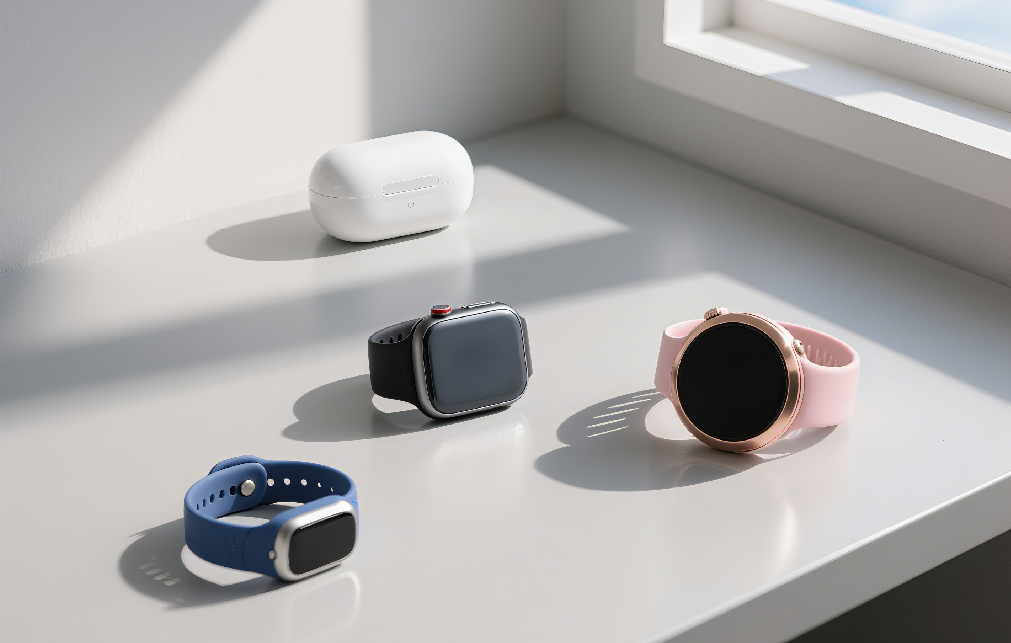 Aug. 2025Why Are Lithium Polymer Batteries the Go-To Choice for Portable Devices?Learn More
Aug. 2025Why Are Lithium Polymer Batteries the Go-To Choice for Portable Devices?Learn More -

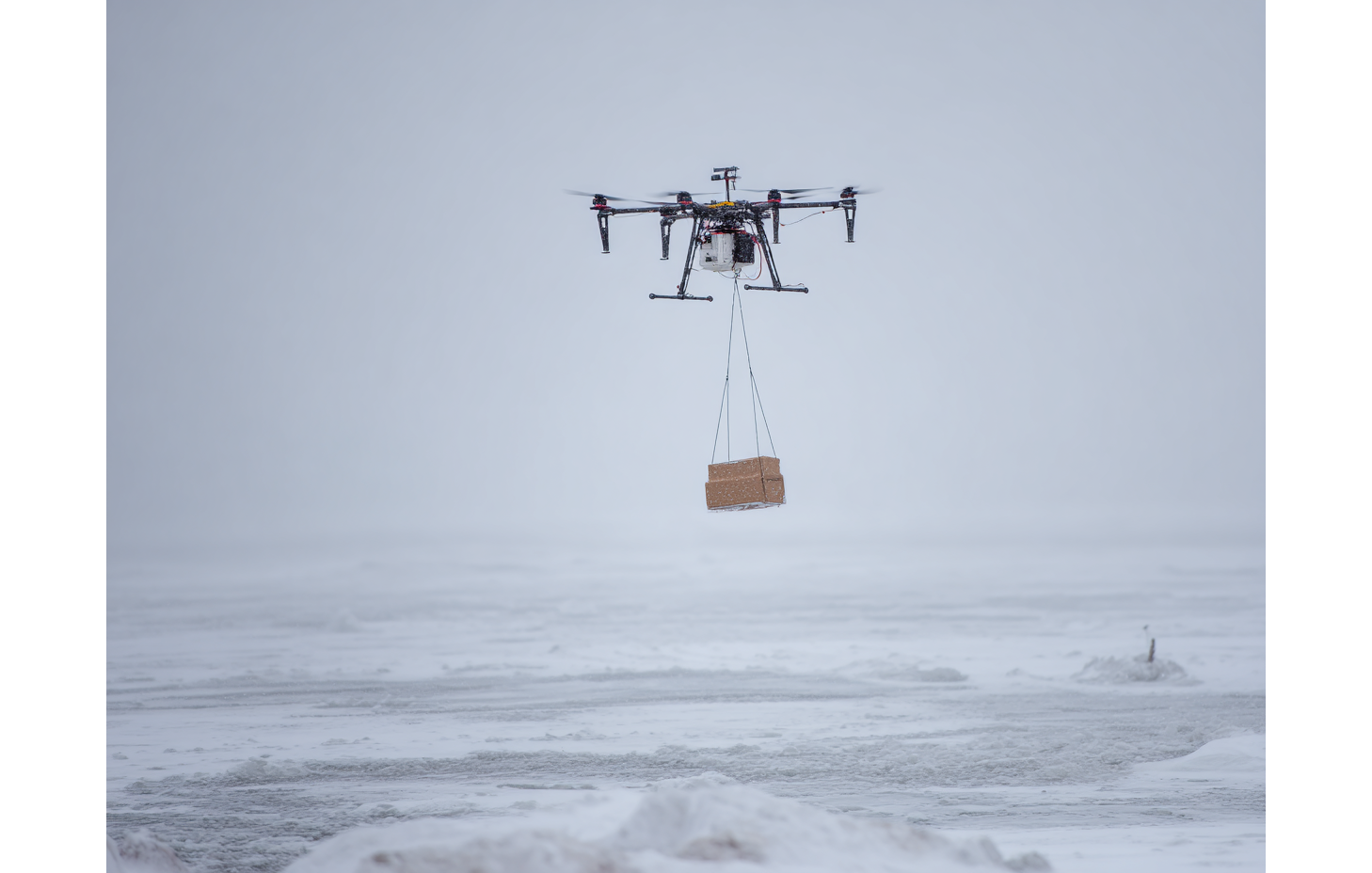 Jun. 2025Revolutionizing Drone Logistics in Cold Climates with Next-Gen BatteriesLearn More
Jun. 2025Revolutionizing Drone Logistics in Cold Climates with Next-Gen BatteriesLearn More -

 Jun. 2025The Future of Smart Glass Batteries: Trends and Innovations for 2025Learn More
Jun. 2025The Future of Smart Glass Batteries: Trends and Innovations for 2025Learn More -

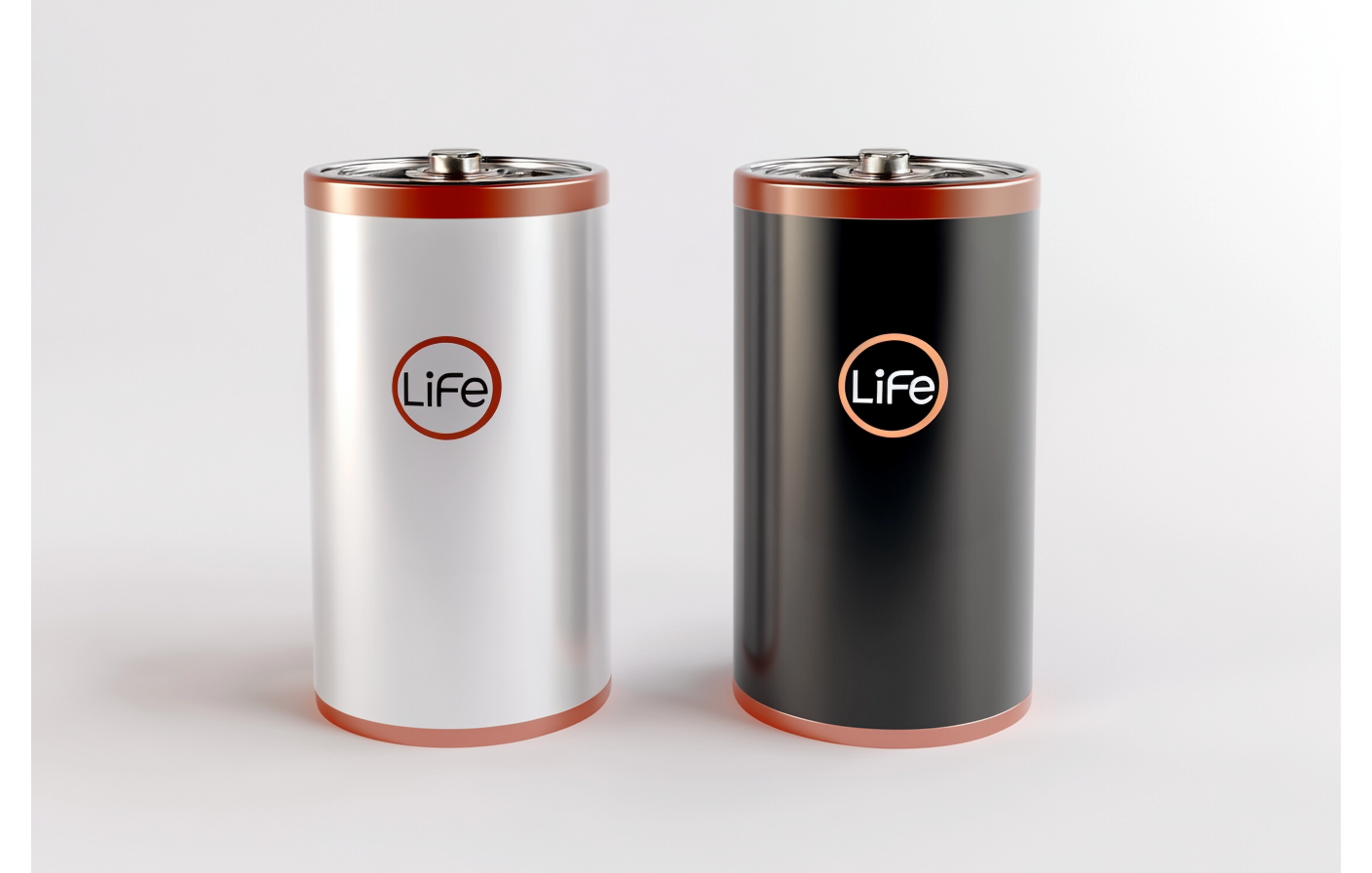 Apr. 2025Top 6 Reasons Why LiFePO4 Lithium Batteries Are Revolutionizing Energy StorageLearn More
Apr. 2025Top 6 Reasons Why LiFePO4 Lithium Batteries Are Revolutionizing Energy StorageLearn More -

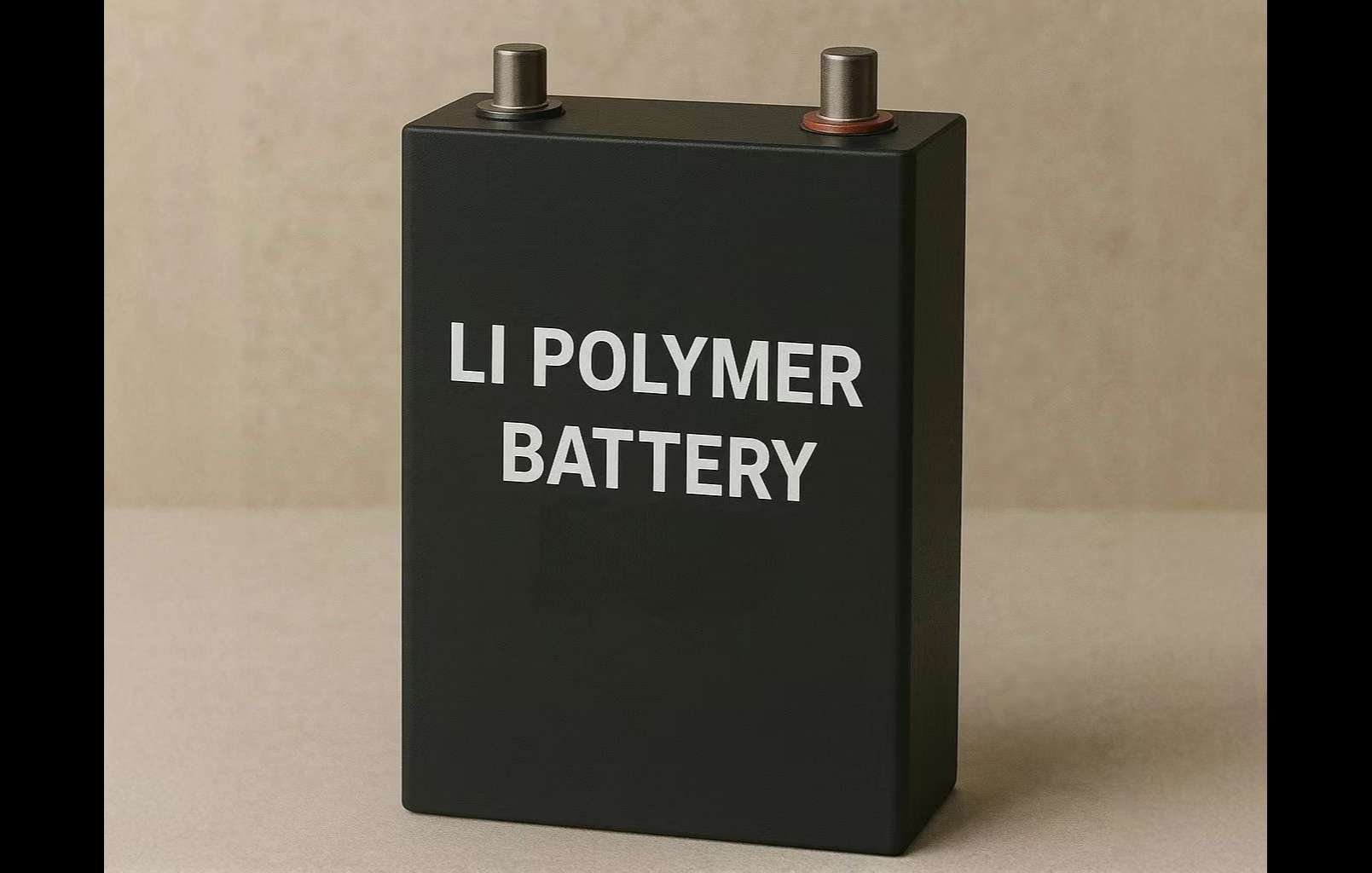 Apr. 2025The Ultimate Guide to Li Polymer Battery Packs: Choosing the Right Power SolutionLearn More
Apr. 2025The Ultimate Guide to Li Polymer Battery Packs: Choosing the Right Power SolutionLearn More -

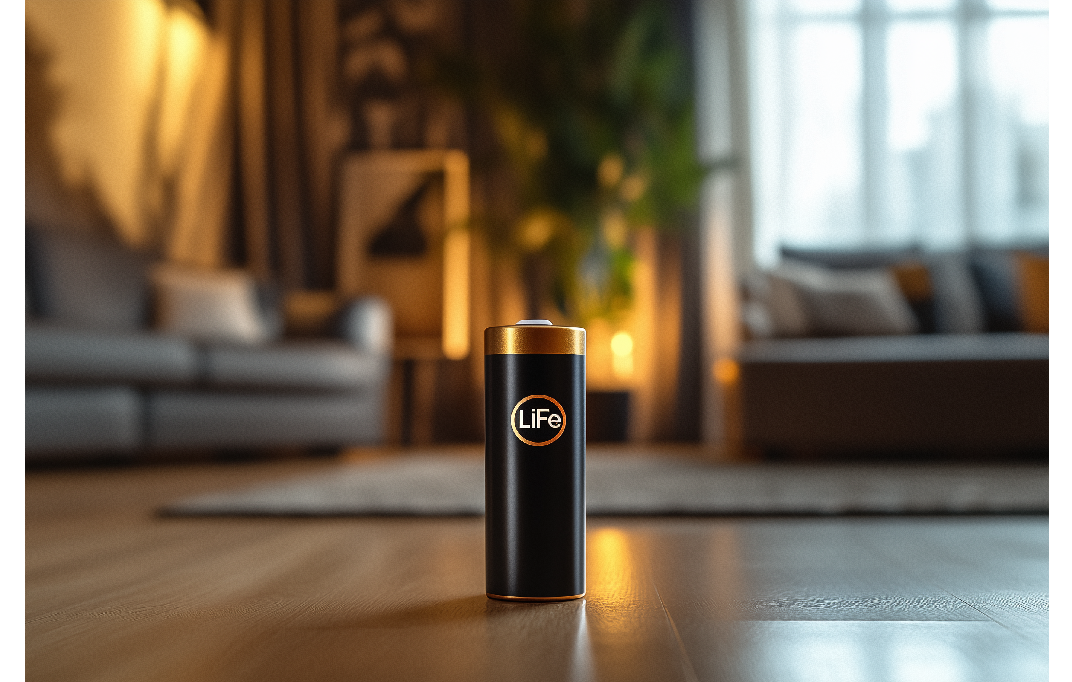 Apr. 2025Why Cylindrical LiFePO4 Cells Are Revolutionizing Energy Storage SolutionsLearn More
Apr. 2025Why Cylindrical LiFePO4 Cells Are Revolutionizing Energy Storage SolutionsLearn More -

 Mar. 2025Understanding LiFePO4 Prismatic Cells: A Comprehensive GuideLearn More
Mar. 2025Understanding LiFePO4 Prismatic Cells: A Comprehensive GuideLearn More -

 Mar. 2025Lithium Iron Phosphate (LiFePO4) vs Lithium-Ion Battery: A Comprehensive ComparisonLearn More
Mar. 2025Lithium Iron Phosphate (LiFePO4) vs Lithium-Ion Battery: A Comprehensive ComparisonLearn More -

 Jan. 2025All You Need To Know About Smart Watch BatteriesLearn More
Jan. 2025All You Need To Know About Smart Watch BatteriesLearn More -

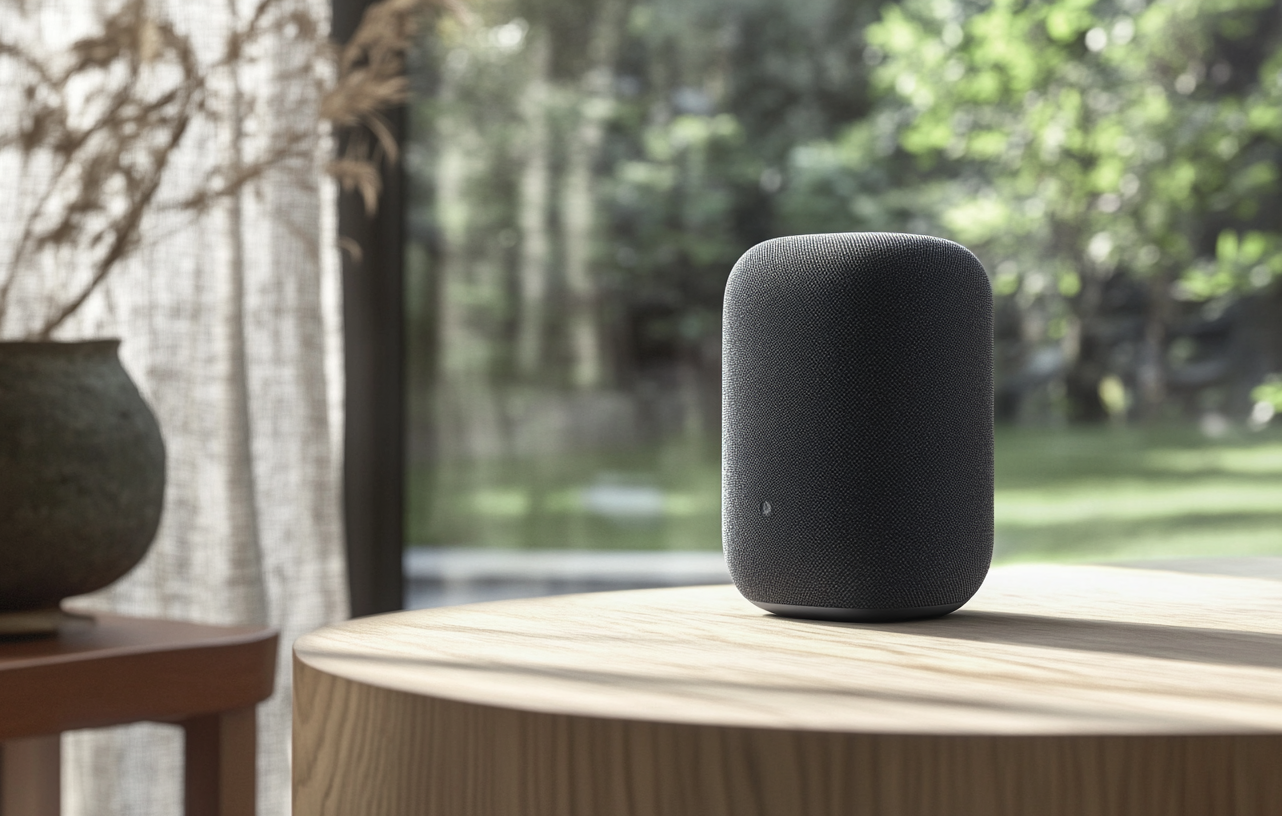 Dec. 2024The Ultimate Guide to Choose the Best Rechargeable Battery for Bluetooth SpeakersLearn More
Dec. 2024The Ultimate Guide to Choose the Best Rechargeable Battery for Bluetooth SpeakersLearn More -

 Nov. 2024How Drone Manufacturers Choose Lithium BatteriesLearn More
Nov. 2024How Drone Manufacturers Choose Lithium BatteriesLearn More -

 Nov. 2024How medical device vendors choose lithium medical batteriesLearn More
Nov. 2024How medical device vendors choose lithium medical batteriesLearn More -

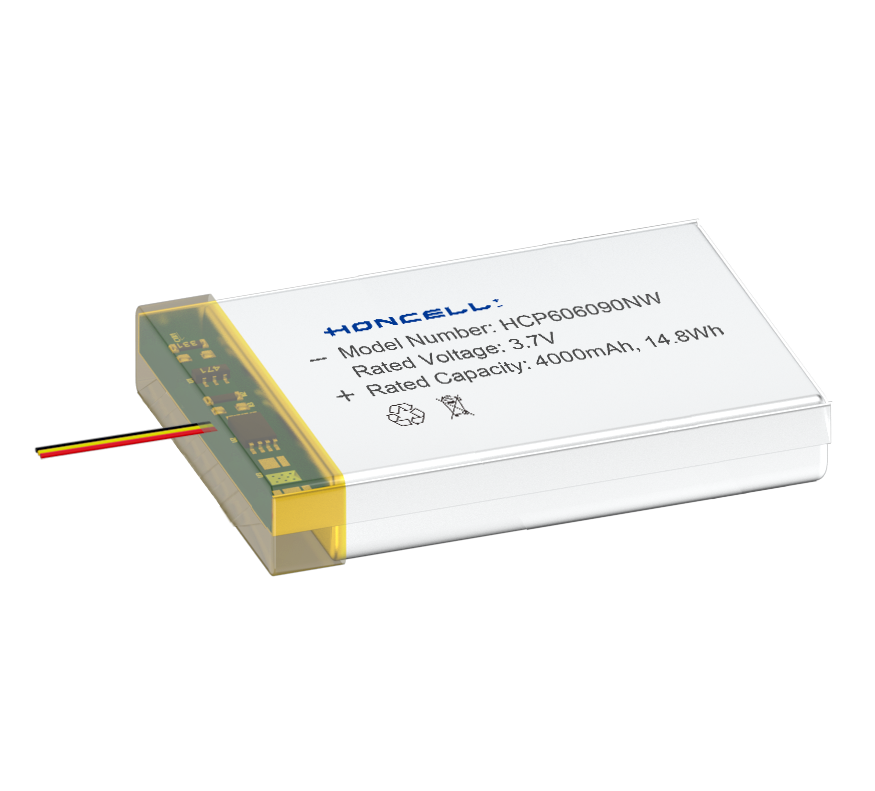 Sep. 2024Why global enterprises should choose Chinese lithium battery manufacturersLearn More
Sep. 2024Why global enterprises should choose Chinese lithium battery manufacturersLearn More -

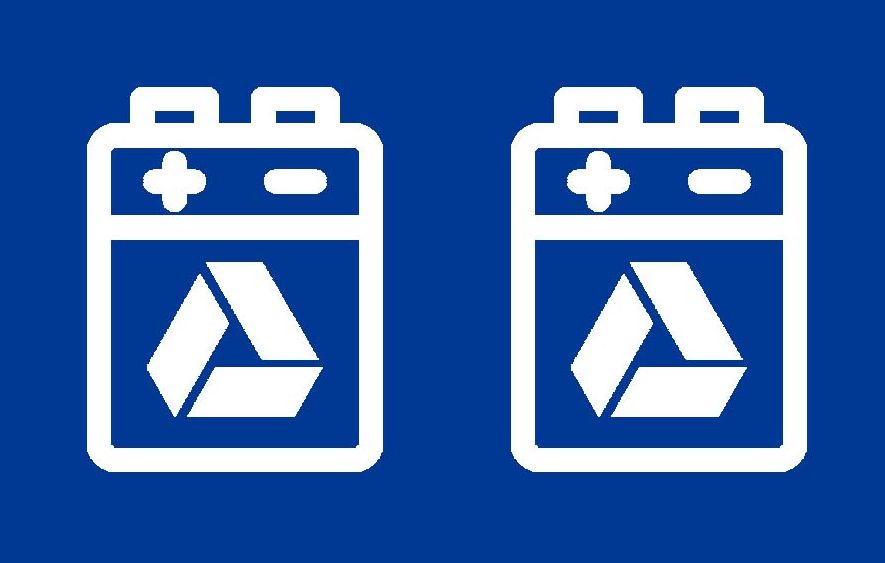 May. 2024How to choose lithium battery customized manufacturersLearn More
May. 2024How to choose lithium battery customized manufacturersLearn More -

 Mar. 2024How to wake up a dormant lithium battery and bring it back to performanceLearn More
Mar. 2024How to wake up a dormant lithium battery and bring it back to performanceLearn More -

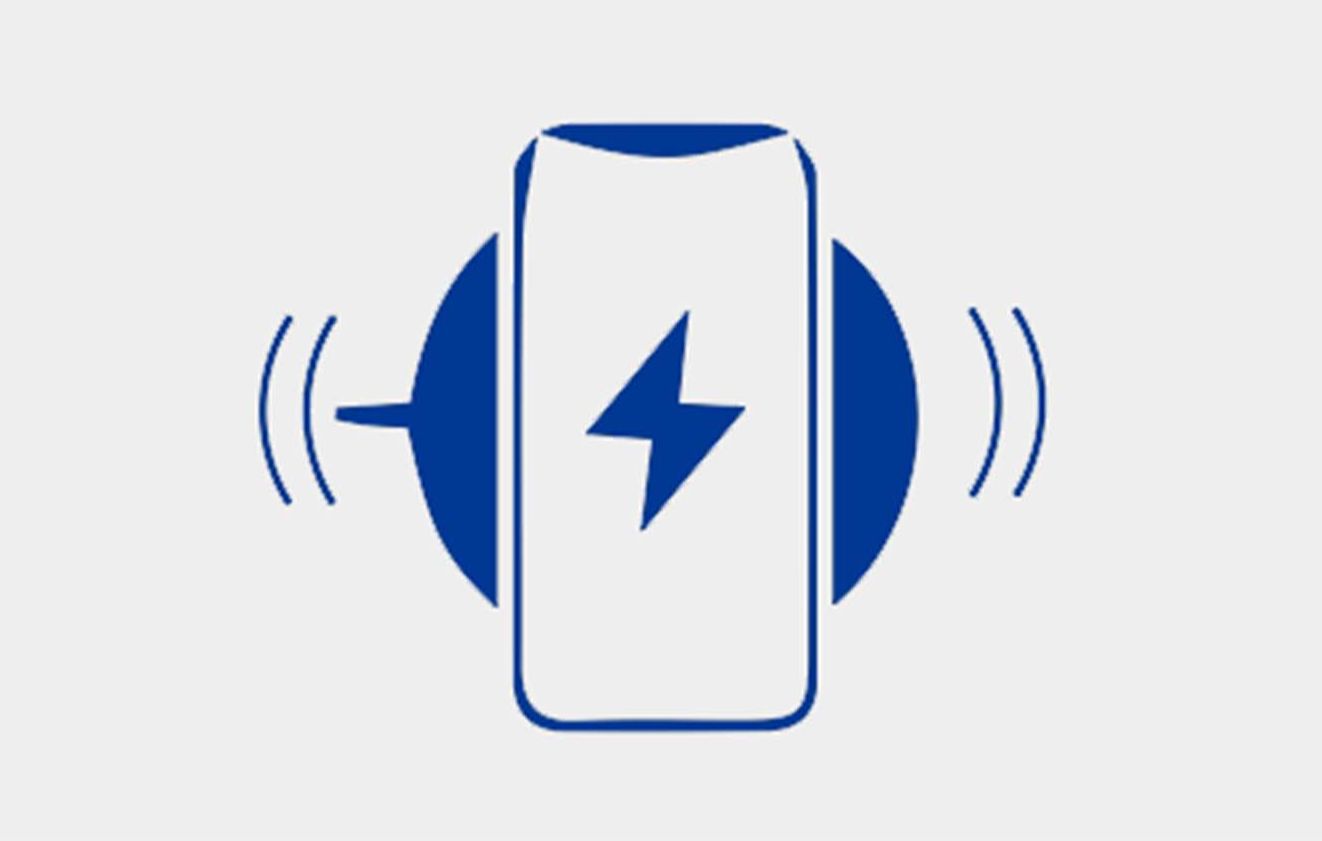 Mar. 2024What should be considered when charging lithium batteriesLearn More
Mar. 2024What should be considered when charging lithium batteriesLearn More


